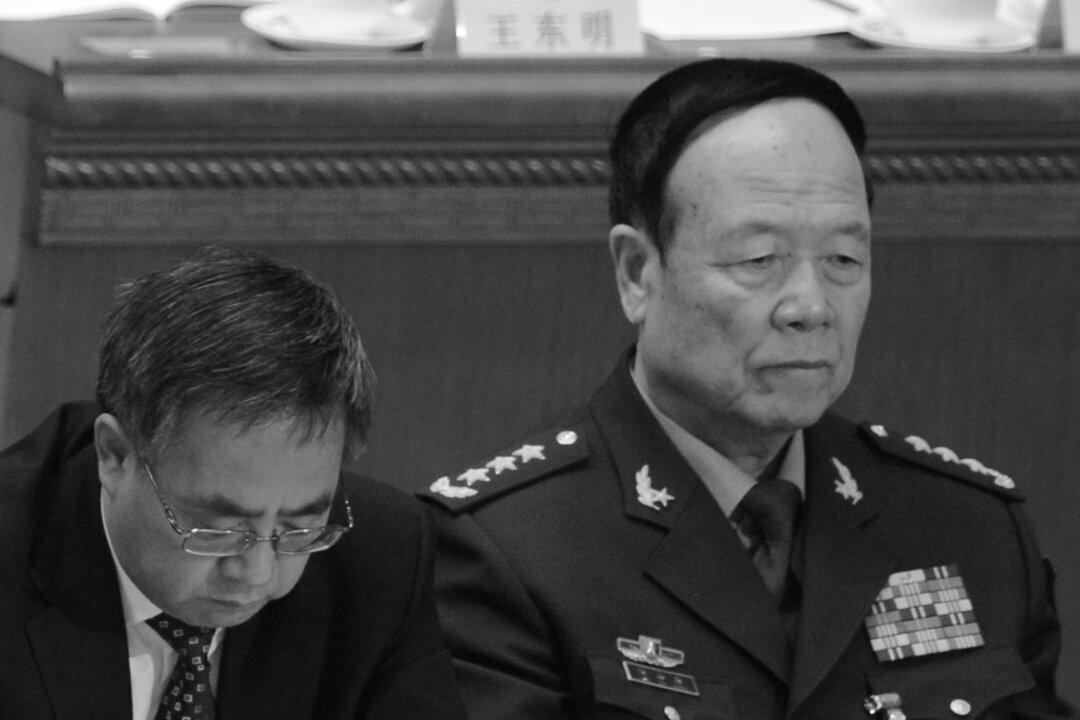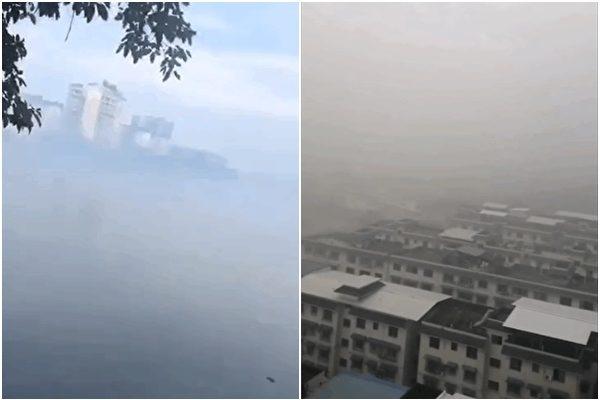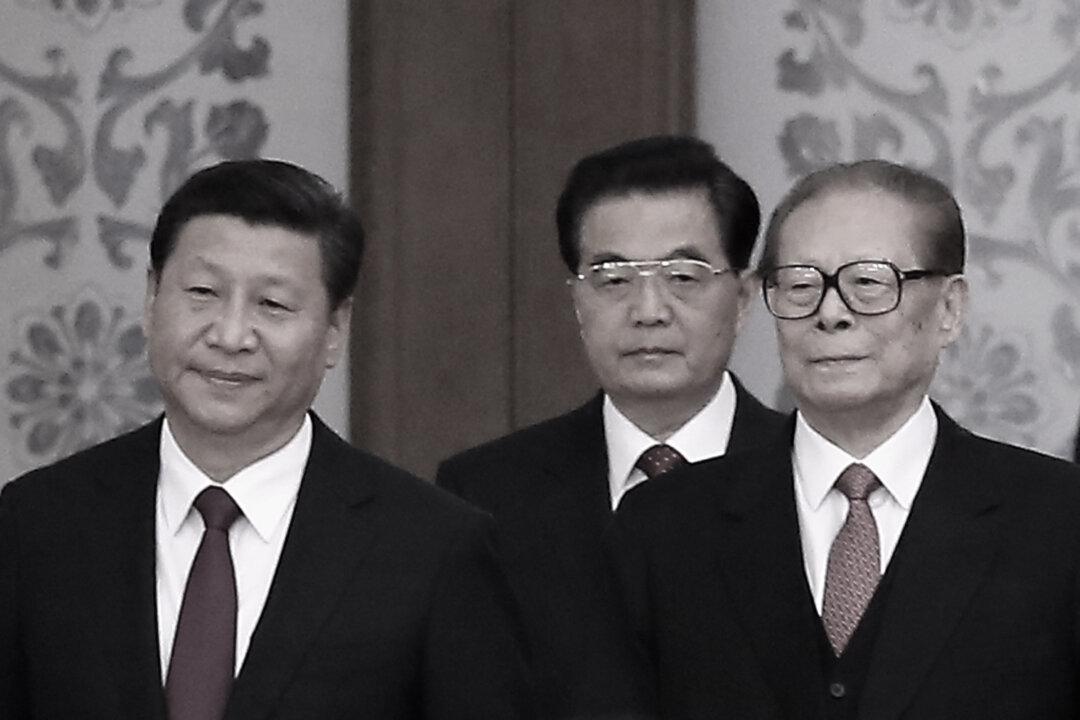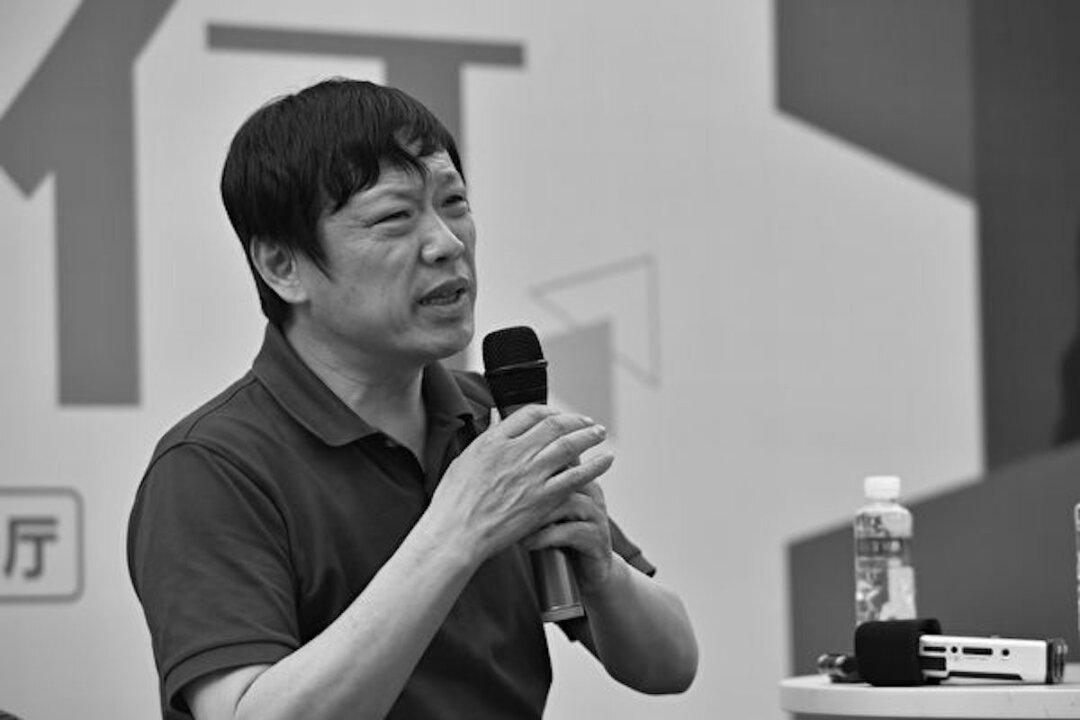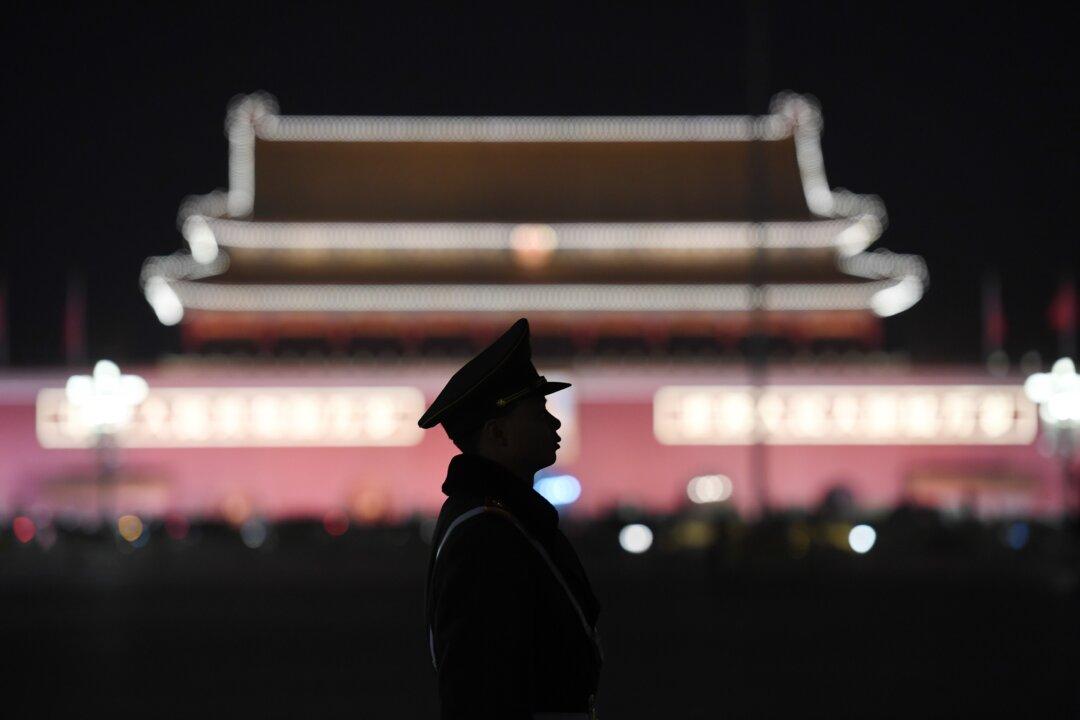Support for Chinese Communist Party head Xi Jinping’s anti-corruption campaign expressed by the military in mid-January may have signaled another round of purges of high-ranking military officers was coming.
From Jan. 13 to 19, the seven military regions in mainland China hosted Party conferences, at which support to the CCP general secretary Xi Jinping’s campaign against corruption in the military was proclaimed, according to state-run media People’s Daily. All military regions “agreed to be highly consistent” with Xi’s anti-corruption plan, the report says.
Heads of the People’s Liberation Army (PLA) four headquarters—the General Staff Department, General Political Department, General Logistics Department, and General Armament Department—also published statements in the military newspaper PLA Daily on Jan. 18, supporting Xi’s decision on cracking down corruptions in the military.
